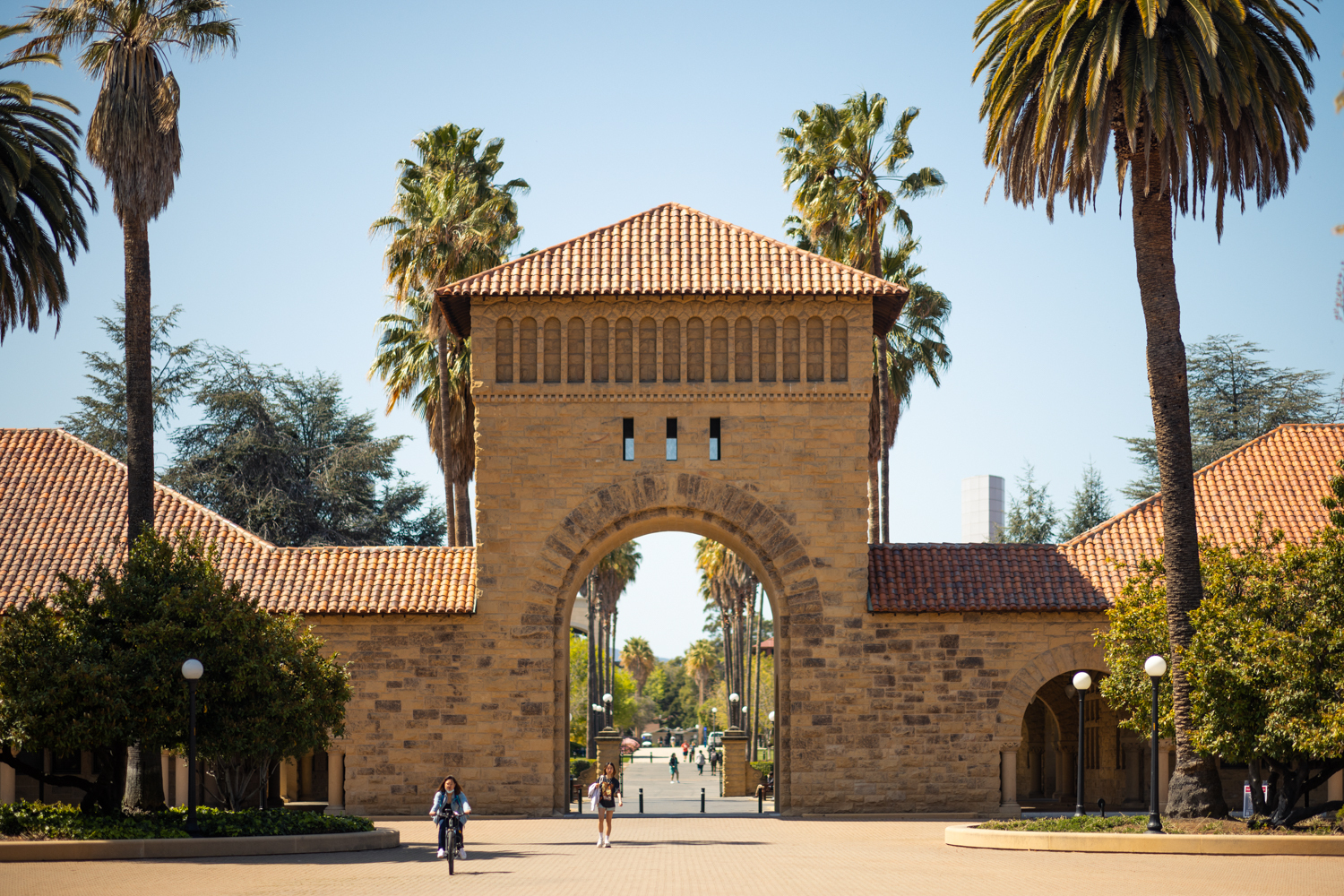If so, what was he doing looking for gold in the New World and a route to the treasures in Asia ?
Listen to the interview I posted from Catholic Answers by a non-Catholic anthropologist.
The goal of Columbus’ journey in 1492 and all of his later voyages was to reach China to raise money to support India in their war against the Muslims and to eventually take back the Holy Land from the Muslims.
Columbus believed that the world was about to end, and that the Second Coming was just around the corner. He was very motivated for Christians to take back the Holy Land before Christ’s Second Coming, which he thought would be in the year 1500.
Queen Isabella shared the same motivations. However, King Ferdinand II of Aragon did not share his wife’s concerns. After her death 1504, he ignored or got rid of all the rules that Columbus & Queen Isabella I of Castile put forth in regards to the natives.
Let’s also remember, that Spain was never a unified country until the marriage of Queen Isabella of Castile & King Ferdinand II.
Columbus was an Italian & picked by Queen Isabella (King Ferdinand was not really eager to sponsor Columbus’s first voyage). The King eventually told Queen Isabella that he would say yes only if the Spanish defeated the Moors. So, when the Spanish defeated the Moors in Jan 1492, Ferdinand agreed with his wife to finance Columbus’s mission to find the Western passage to China in order to fund the take back of the Holy Land.
When Columbus was arrested during his 3rd voyage, he was arrested by the Viceroy who was originally from the Kingdom of Aragon, and loyal to King Ferdinand, not to Queen Isabella.
Let’s remember, the soldiers & political officials from Aragon were loyal to Ferdinand only. They did not respect the Italian Admiral who appointed by & loyal to the Queen from Castile. Plus, the War of the Castilian Succession ended in only 1479, which was a war that named Queen Isabella as the Queen of Castile.
So even among the Castilian soldiers & politicians, there were men who were not loyal to Queen Isabella.
Columbus was exonerated and allowed to go on his forth & final voyage to find the passage to China. He was given instructions to stay away from the colony in Hispaniola because that’s where his friends (the natives he first met) were from and their enemy (the Carbe) were also from.
King Ferdinand wasn’t really as interested in the mission to save the Holy Land, which is why after Isabella’s death in 1504, he focused on colonizing the Americas.
Point is: things were VERY complicated. Columbus was a devout Catholic, a practicing Third Order Franciscan whose main goal was always to reach China in order to raise the money needed to liberate the Holy Land.


